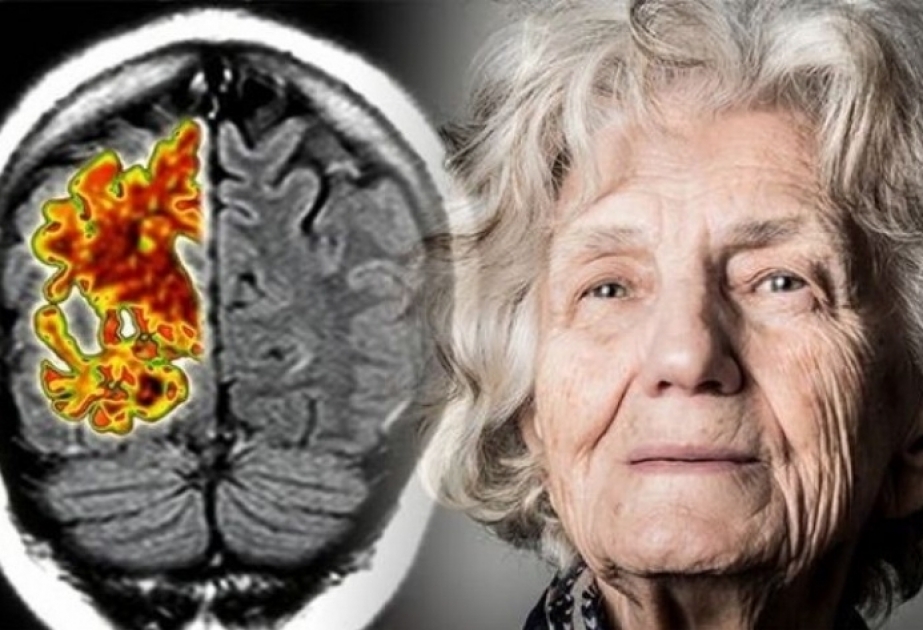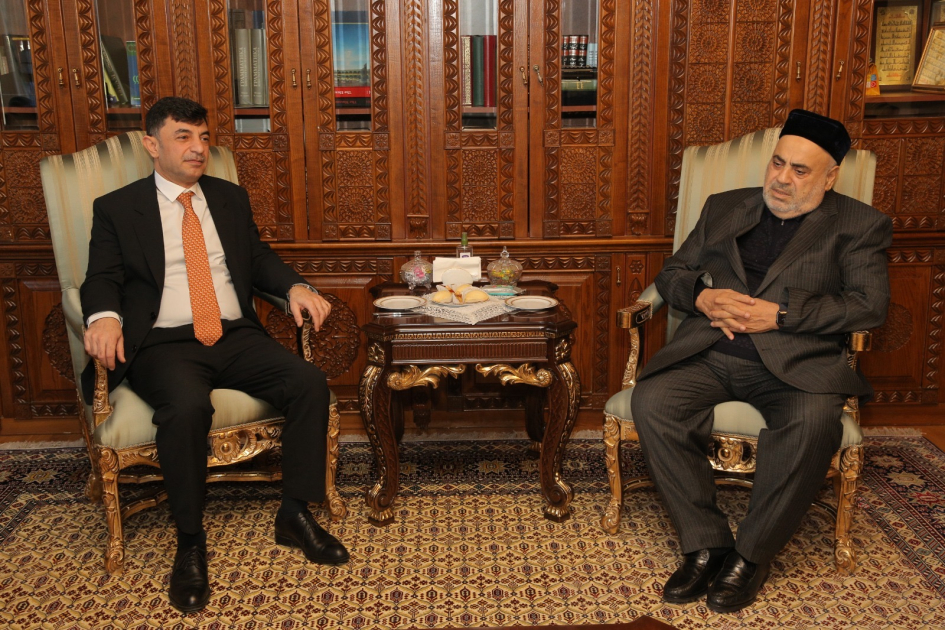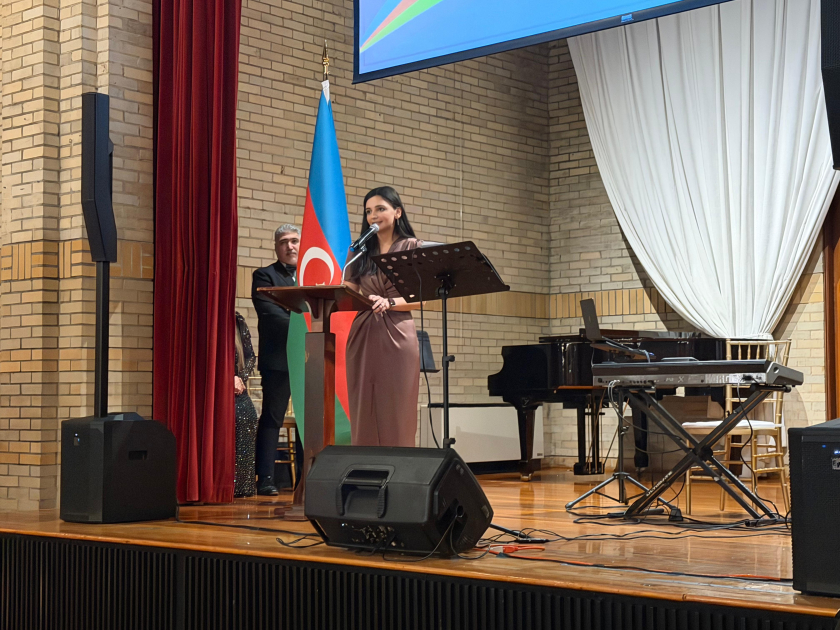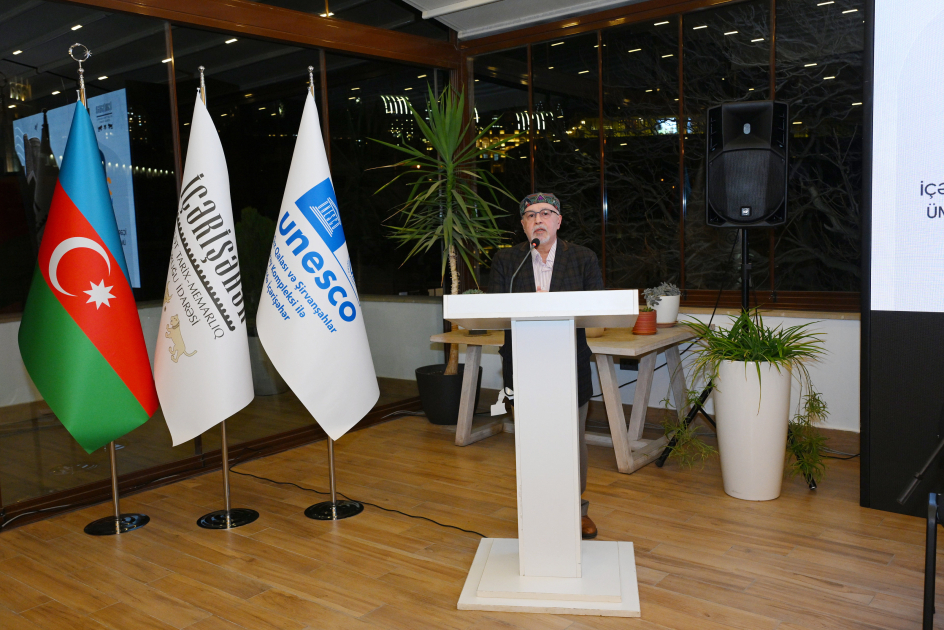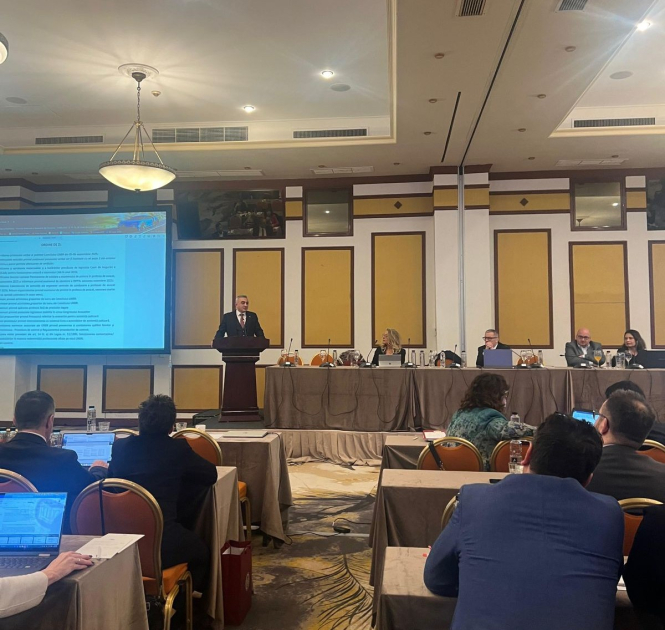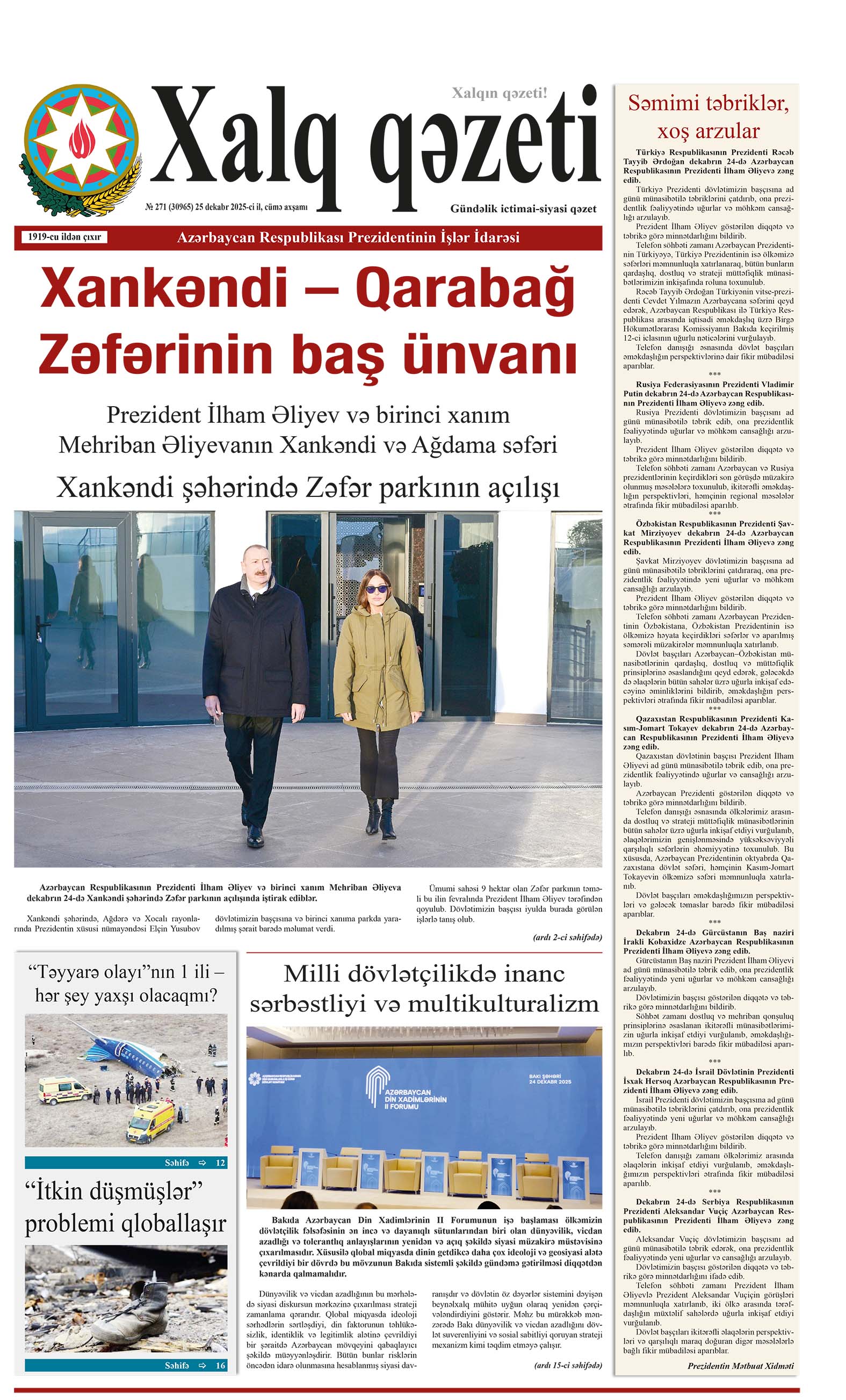September 21st every year is World Alzheimer’s Day around the world, according to Awareness Days website. This is an international campaign aimed at raising awareness and challenge the common stigma that surrounds Alzheimer related dementia.
Alzheimer’s is a progressive disease that impairs memory and other mental functions. It is the most common form of dementia that generalizes memory loss and loss of other essential cognitive abilities that are serious enough to interfere with an individual’s daily life.
According to the World Health Organisation, Alzheimer's disease is the most common type of dementia and contributes to 60-70% of cases. Alzheimer's disease is a progressive brain disorder that affects memory, thinking and behaviour. These symptoms get worse over time and start to affect one's daily living and activities. It usually affects people over the age of 65 years.
The first Alzheimer’s month campaign was launched in 2012. From previous studies, an average of 2 out of 3 people globally have little or no understanding of Alzheimer’s disease and associated dementia in their countries.
Since its inception, the impact of World Alzheimer’s Month is increasing. However, the stigmatisation and lack of information surrounding dementia remains to be a global problem that calls for global action. Most people often think that this disease is a normal part of ageing.
Though this may not be true, a greatest risk factor for Alzheimer’s disease is increasing age. This is evident by majority of Alzheimer’s patients being 65 years or older. This doesn’t completely classify the disease as an elderly disease. This is because there are approximately 200,000 Americans under 65 suffering from disease.
For this year’s event, organisations and interested individuals can get involved by supporting awareness through contacting the Alzheimer’s association in their specific country.
According to the Alzheimer's Disease International, the theme for the month-long campaign is "Never too early, never too late."
This year's theme focuses on identifying risk factors and adopting measures that can help prevent the onset of dementia.
Alzheimer's disease International and the World Health Organisation launched World Alzheimer's Day on September 21, 1994. It was introduced in Edinburgh on the occasion of the 10th anniversary of Alzheimer's disease International, founded in 1984.
Some facts about Alzheimer's
-Alzheimer's disease causes your brain to shrink, resulting in a gradual decline in memory, thinking, behaviour and social skills.
-Memory loss, difficulty in performing day-to-day tasks, trouble with speech, personality changes and mood swings are a few symptoms of Alzheimer's disease. As the symptoms worsen, one may repeat statements over and over, forget names of family members, misplace things and have trouble expressing thoughts.
-Alzheimer's is different from dementia and age-related memory loss. It is a type of dementia.
-There is no cure for Alzheimer's yet. However, medication can help manage symptoms and improve overall quality of life.
-Age (people over the age of 65 years), family history of the disease and head injury are some common risk factors for Alzheimer's disease. Other factors include depression, traumatic brain injury and smoking.


